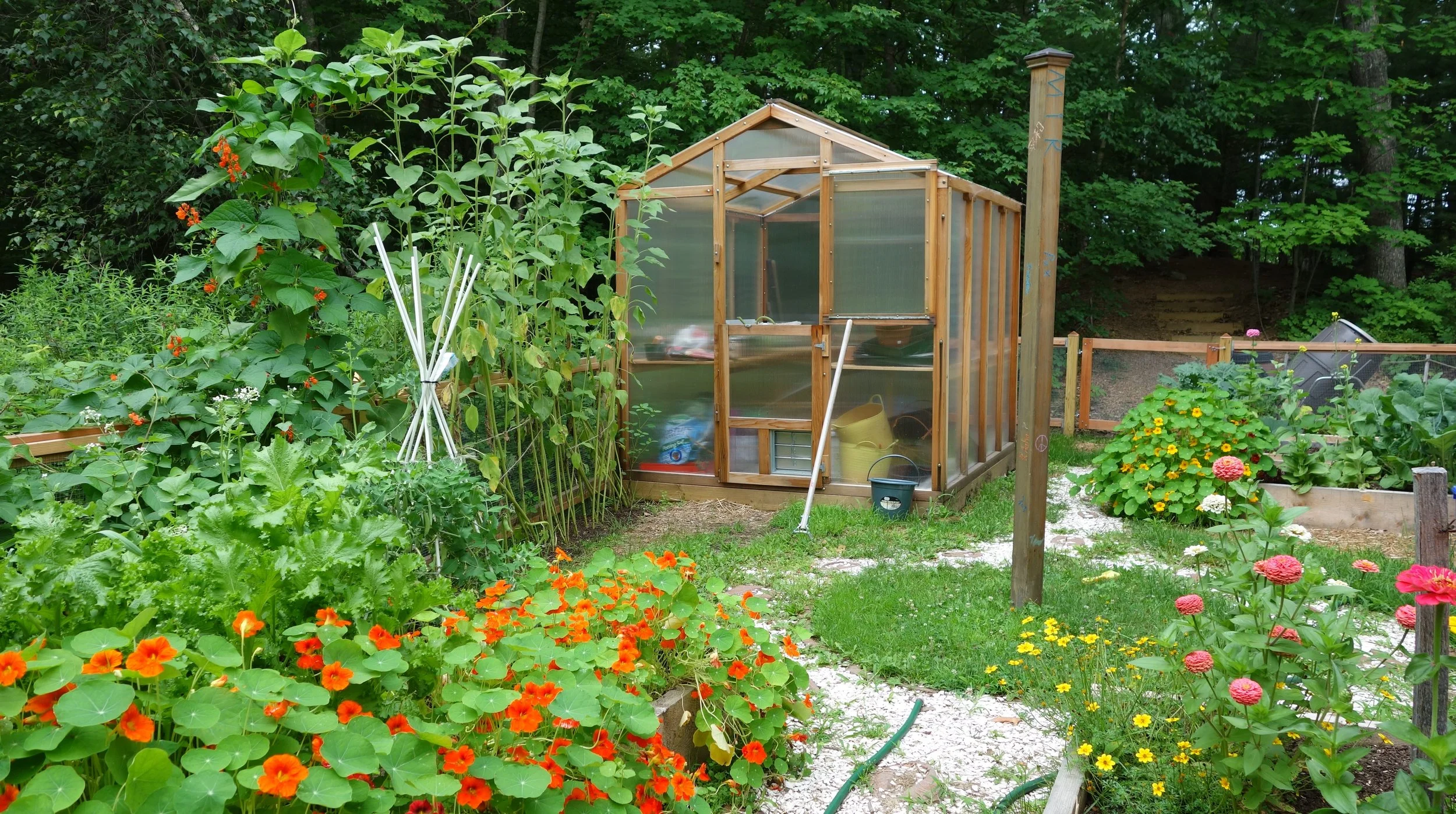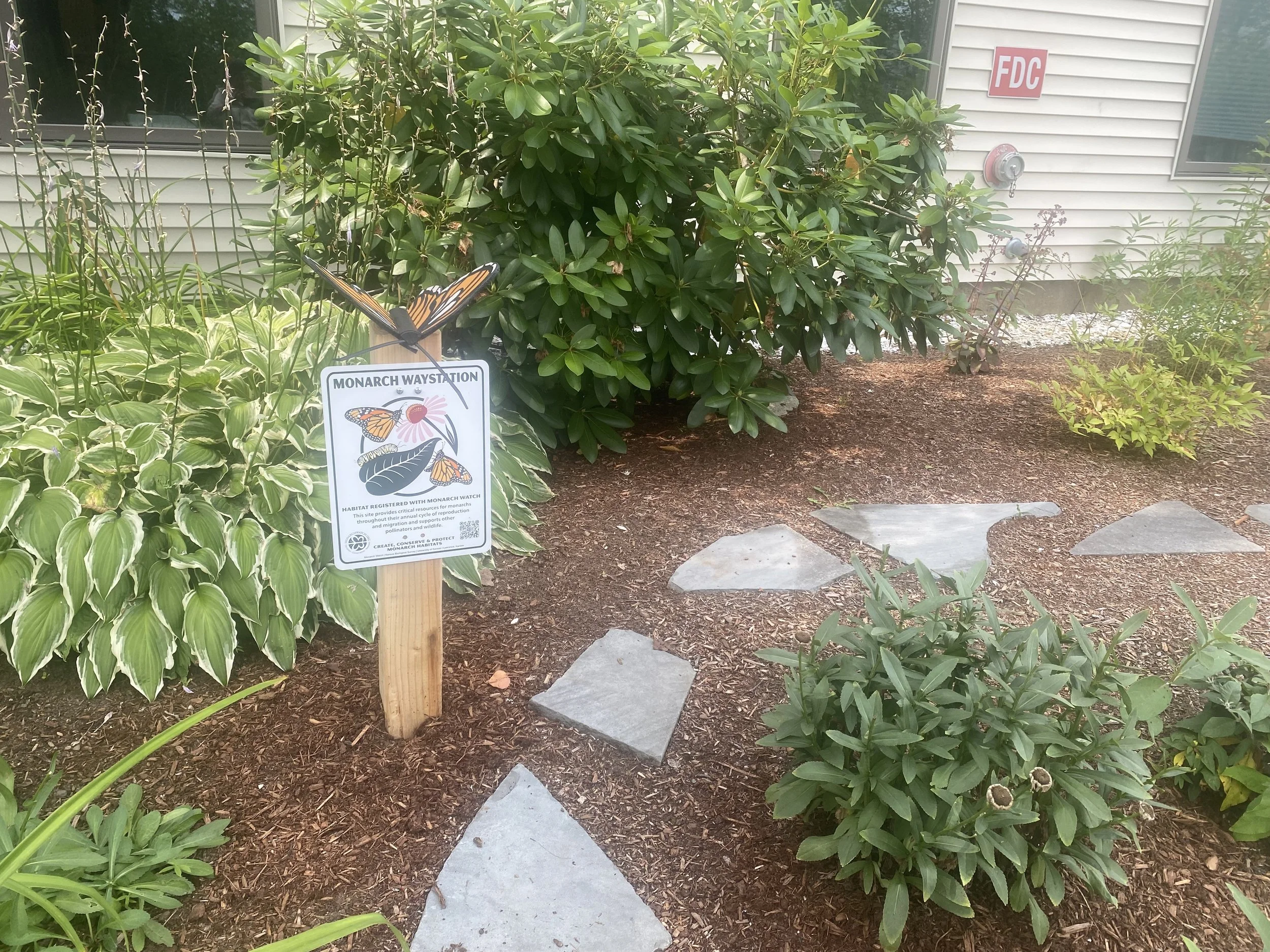A few years ago, I invited our teachers and staff to pause and reflect- to name their hopes and dreams for our students and families, for our school community, and for themselves. My hope was simple: that by sharing our aspirations out loud, we would discover a kindred spirit in one another, and that together we might shape a living, breathing vision of what it means to belong to this community.
What emerged was something quietly powerful. These reflections revealed not just professional goals, but deeply human longings- for joy, balance, growth, connection, and kindness. Reading them again now, I’m struck by how fully these hopes continue to live in our classrooms and hallways, shaping the daily rhythms of the school.
Many of our teachers spoke about growth and learning, both for themselves and for the children they serve:
“To learn and grow as an educator.”
“Patience and learning new things.”
“To continue to build my skills and have compassion for myself and others when facing challenges.”
Others expressed a deep commitment to joy and presence, reminding us that meaningful education is rooted in well-being:
“To start and end each day with a sense of fullness, joy, and gratitude.”
“To be present for myself and others.”
“Joy.”
“Growth, exploration, expansion, and joy.”
A strong thread of community and care runs through these hopes- care for children, families, and one another:
“Happy children, happy parents, and happy teachers.”
“A year filled with fun and beautiful teamwork with families.”
“To be supportive to students, staff, and families.”
“To affirm each other with our words, so our community feels encouraging and safe for everyone to try new things and explore.”
Several dreams reflected the desire to nurture creativity, culture, and curiosity:
“To make the library a more useful resource.”
“To reintroduce artist and musician studies, more Spanish, and new music into the classroom curriculum.”
“Encouraging students to take interest in various types of music.”
There were also quieter, deeply personal intentions- gentle reminders to slow down, listen, and care for oneself:
“To listen, fully listen, to what is being said.”
“To be more calm and balanced, and take time for myself.”
“To be in nature more and enjoy the small things that present themselves to me.”
And perhaps most simply- and most profoundly:
“My dream is a kind world.”
Taken together, these hopes and dreams form a collective promise: that our school will be a place where children are joyful and engaged, where teachers feel supported and inspired, and where families are welcomed into a caring, thoughtful community. They remind us that education is not only about lessons and outcomes, but about relationships, presence, and shared purpose.
Years later, these words still guide us. They live on in the laughter of children, in moments of patience and perseverance, in collaboration among colleagues, and in the everyday acts of care that make this community what it is. And for that, we are deeply grateful.



